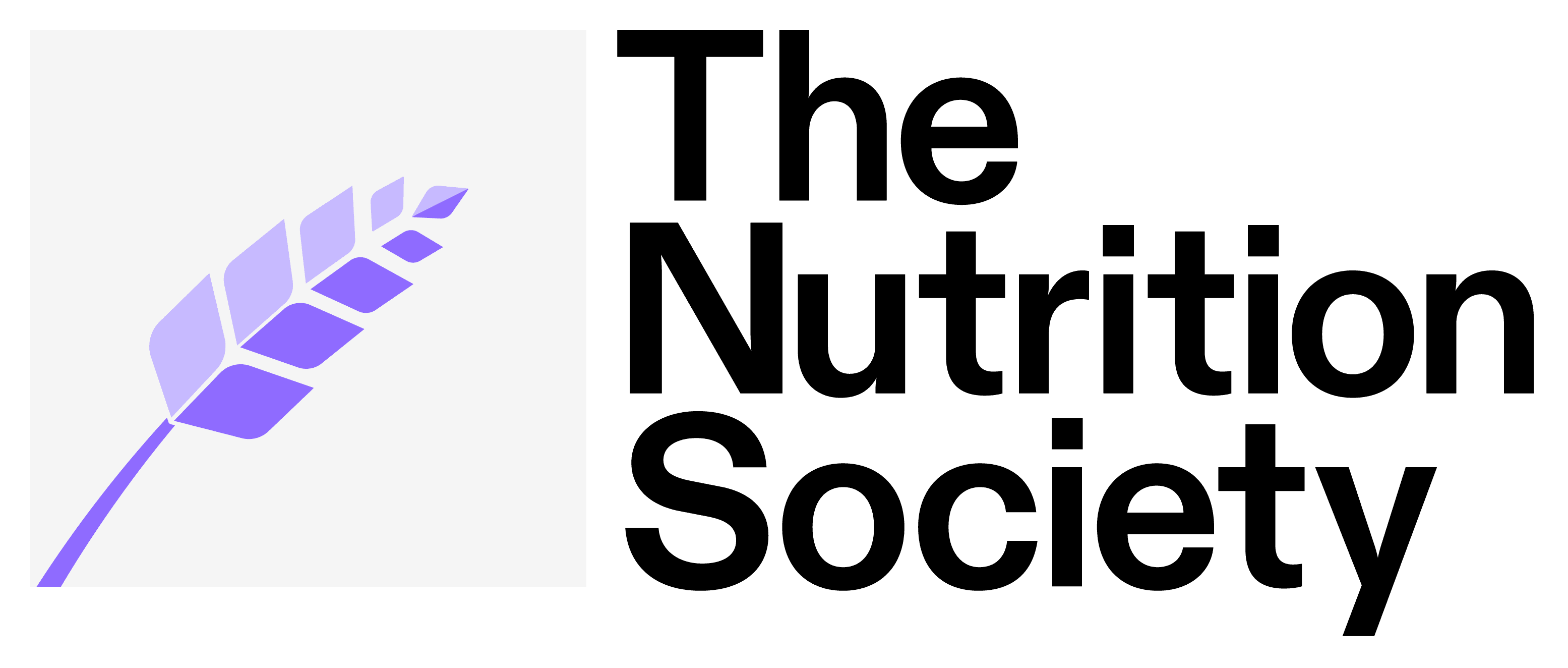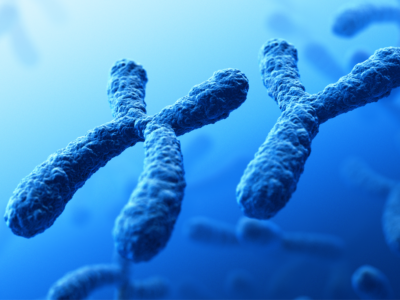It is estimated that the current food system accounts for between 25-30% of global greenhouse gas emissions and is contributing significantly to climate change. The majority of emissions come from agriculture, especially livestock production, hence recommendations in higher income countries is to reduce meat and dairy consumption. However, any proposed changes to the diet must ensure that dietary requirements are achieved; hence, a shift to more sustainable diets must be nutritionally adequate and have low environmental impacts, as well as being accessible, affordable and culturally acceptable. Importantly, they must also be desirable and tasty if people are realistically going to change their diets. This webinar will explain the different aspects of sustainable diets (health, environmental impacts and socio-cultural aspects) and some of the challenges of combining them into diets, so to avoid any unintended consequences. It will provide an overview and give some perspectives on what is needed to address this complex issue, recognising while we need to understand more about achieving sustainable diets, we know many of the principles and therefore action can be taken by policy, industry and the public to tackle environmental degradation caused by the current food system and to tackle poor dietary health.
What will I gain from this webinar?
- You will understand the different aspects of sustainable diets, including health, nutrition, environmental impacts and social and cultural aspects of eating, and how they need to be combined.
- You will realise the complexity of sustainable diets but gain insights into what needs to be considered to achieve them.
- You will be able to appreciate some of the gaps that exist in our knowledge around food systems and sustainable diets, as well as what action can be taken immediately.
Course Features
- Lectures 2
- Quiz 0
- Duration Lifetime access
- Skill level All levels
- Language English
- Students 177
- Certificate Yes
- Assessments Yes












